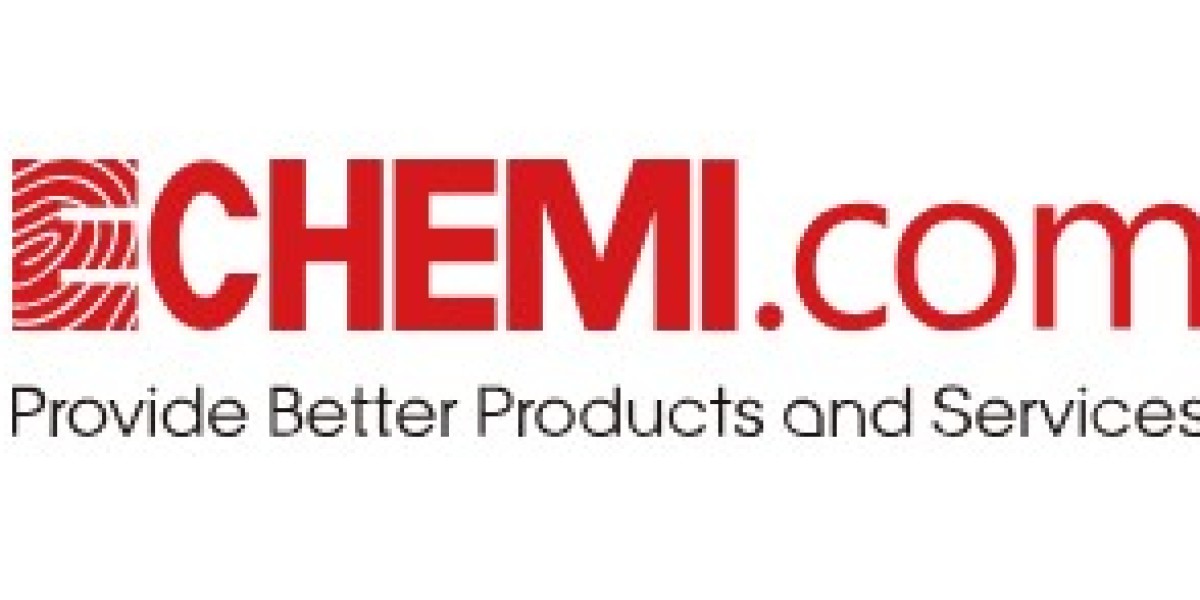Chemical wholesalers play a critical role in ensuring the quality and safety of chemical products distributed to various industries. To uphold high standards and meet regulatory requirements, wholesalers implement robust quality assurance programs that encompass stringent testing, compliance measures, and continuous improvement initiatives. These programs are designed to guarantee product integrity, reliability, and customer satisfaction, reinforcing the reputation of wholesalers as trusted suppliers of quality chemicals.
1. Stringent Testing Protocols:
Quality assurance programs by chemical wholesalers include stringent testing protocols to assess the purity, composition, and performance of chemical products. Through analytical testing, such as chromatography, spectroscopy, and mass spectrometry, wholesalers verify product specifications and identify any impurities or deviations that may affect quality. By conducting thorough testing, wholesalers ensure that only products meeting specified standards are distributed to customers.
2. Compliance with Regulations:
Wholesalers adhere to strict regulatory guidelines and industry standards as part of their quality assurance programs. Compliance measures involve monitoring and ensuring adherence to regulations such as REACH, GHS, and other regional or global chemical safety protocols. By staying abreast of regulatory changes and maintaining compliance, wholesalers mitigate risks, protect customer safety, and uphold legal requirements in the distribution of chemical products.
3. Supplier Audits and Qualification:
Quality assurance programs include conducting supplier audits and qualification processes to assess the reliability and consistency of suppliers. Wholesalers evaluate suppliers based on factors such as manufacturing practices, quality control procedures, and adherence to ethical and sustainability standards. By partnering with reputable and vetted suppliers, wholesalers maintain a reliable and traceable supply chain, enhancing product quality and customer trust.
4. Packaging and Labeling Standards:
Wholesalers ensure that proper packaging and labeling standards are maintained for chemical products as part of their quality assurance programs. Correct labeling with hazard warnings, product information, and safety instructions is essential to communicate product details to customers accurately. Additionally, wholesalers ensure that products are packaged securely to prevent contamination, leaks, or damage during transportation and storage.
5. Continuous Monitoring and Improvement:
Quality assurance programs involve continuous monitoring of processes and product quality to identify areas for improvement. Wholesalers implement quality control checks at various stages of the supply chain to detect any deviations from standards and address them promptly. By fostering a culture of continuous improvement, wholesalers enhance operational efficiency, product quality, and customer satisfaction over time.
6. Customer Feedback and Satisfaction:
Wholesalers prioritize customer feedback and satisfaction as part of their quality assurance efforts. By soliciting feedback from customers, wholesalers gain insights into customer preferences, concerns, and areas for improvement. This feedback loop allows wholesalers to make informed decisions, address customer needs effectively, and maintain high levels of customer satisfaction through quality products and services.
In conclusion, quality assurance programs implemented by chemical wholesalers are essential for ensuring the integrity, safety, and reliability of chemical products distributed to industries worldwide. Through stringent testing protocols, regulatory compliance, supplier audits, packaging standards, continuous improvement initiatives, and a focus on customer satisfaction, wholesalers uphold high-quality standards and build lasting relationships with customers as trusted providers of quality chemicals.



